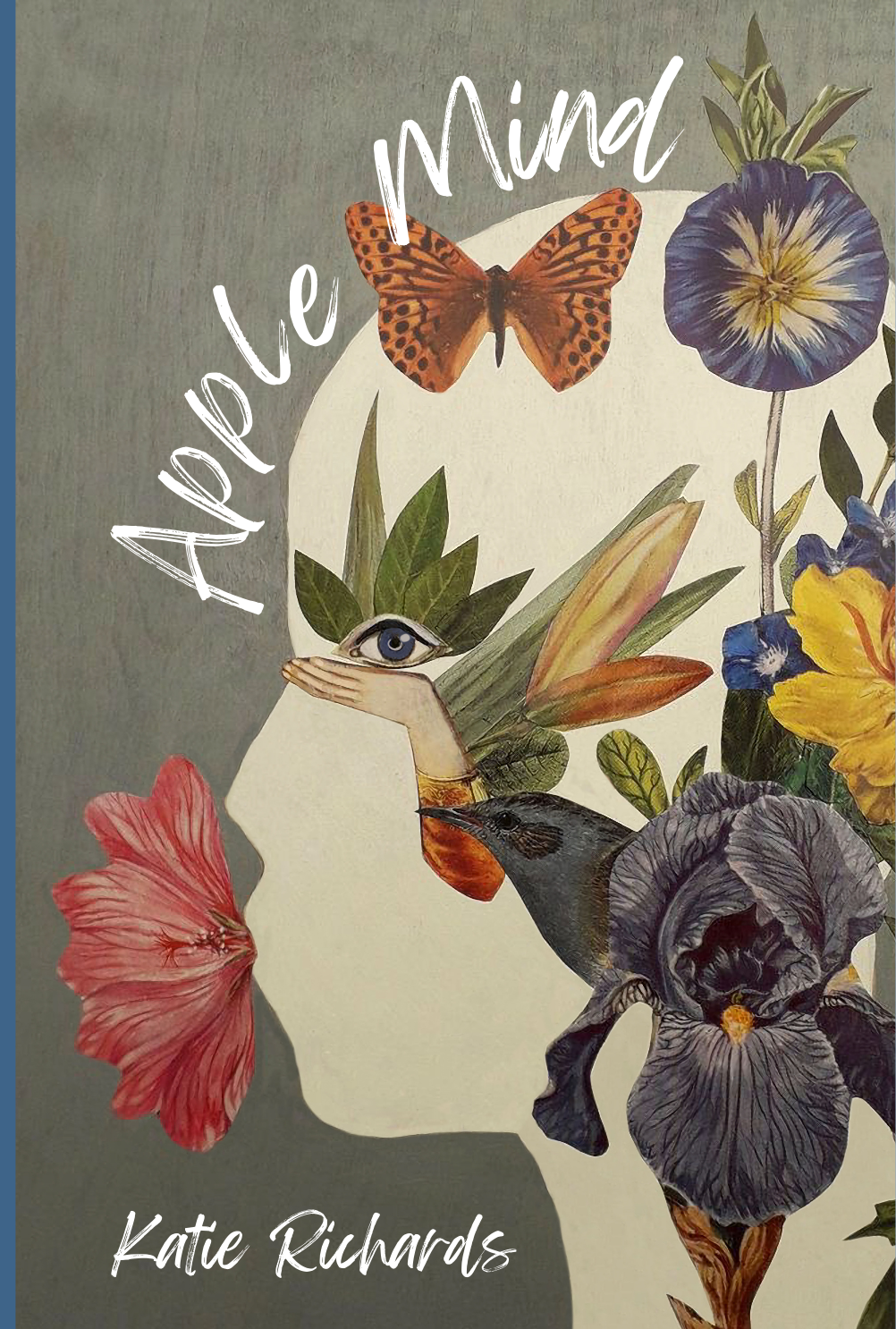Purchase Apple Mind
Cover art: The First Garden, Sarah Jarrett
Praise for Apple Mind:
Katie Richards' Apple Mind is an amazing debut—a book-length series of poems confronting the intense burdens and blessings of marriage and parenting set against a real (and, at once, mythic garden) from which one is always (or about to be) exiled. Richards’ work reminds me of the fierceness and unflinching honesty one finds in such Louise Glück books as The Descending Figure, The Triumph of Achilles, and The Wild Iris. I am struck by the candor and keen clarity of Richards’ poems, the rigor and torque the poet puts upon language to achieve a rare and breathtaking accuracy.
—Eric Pankey, author of The History of the Siege
KR’s debut poetry collection, Apple Mind, is startling—not just in its ostensible subject—parenting neurodivergent children—but also in its clarity and candor, its toughness and lyrical tenderness, its formal dexterity, and the breadth of its emotional range. These passionate, compassionate, intimate, and even informative poems leave me breathless.
—Jennifer Atkinson, author of A Gray Realm the Ocean
The title of Katie Richard’s Apple Mind refers to the language of the poet’s neurodivergent children as mediated by an AAC device, that is, a pictorial keyboard designed to account for communication beyond speech. You could say this gorgeous debut is set (mostly) in a domestic garden, for it is here, in the garden, where we encounter the poet’s descriptive facility, the leaning into lush lyric, the seamless metaphor making. But somehow Katie Richards' determination to understand how it is that anything might grow—a garden, her children, a marriage—felt most astonishing, to me, though the interplay between the AAC word blocks and the more conventional lyric poems: if the tickseed is “a yellow slap against the gray siding,” the word blocks of the AAC conversations, which the poet promises to renounce as poetry, cannot help but reflect the painful inadequacy of language to heal. I was deeply moved.
—Sally Keith, author of Two of Everything
Katie Richards’ (she/her) debut collection Apple Mind was selected as an editors' pick for the Laureate Prize with Harbor Editions. It was also a semi-finalist for the 2021 Philip Levine Prize for Poetry. Her poetry has previously appeared in Valparaiso Poetry Review, Harbor Review, DIALOGIST, Softblow, South Dakota Review, and Sweet Tree Review among other places. Read more of her work at katie-richards.com and connect with her on Instagram and TikTok @katierichardspoet.



